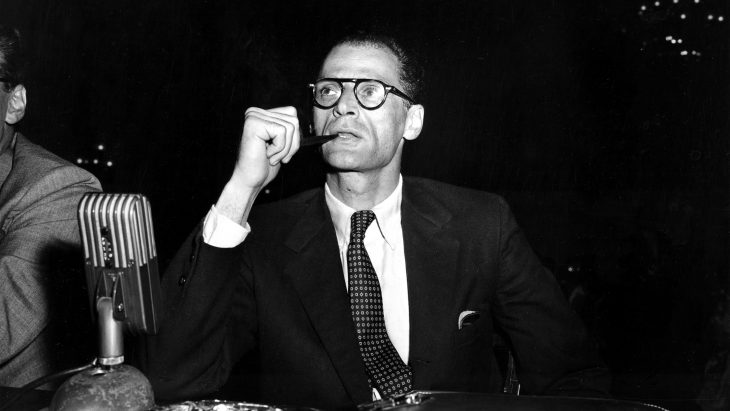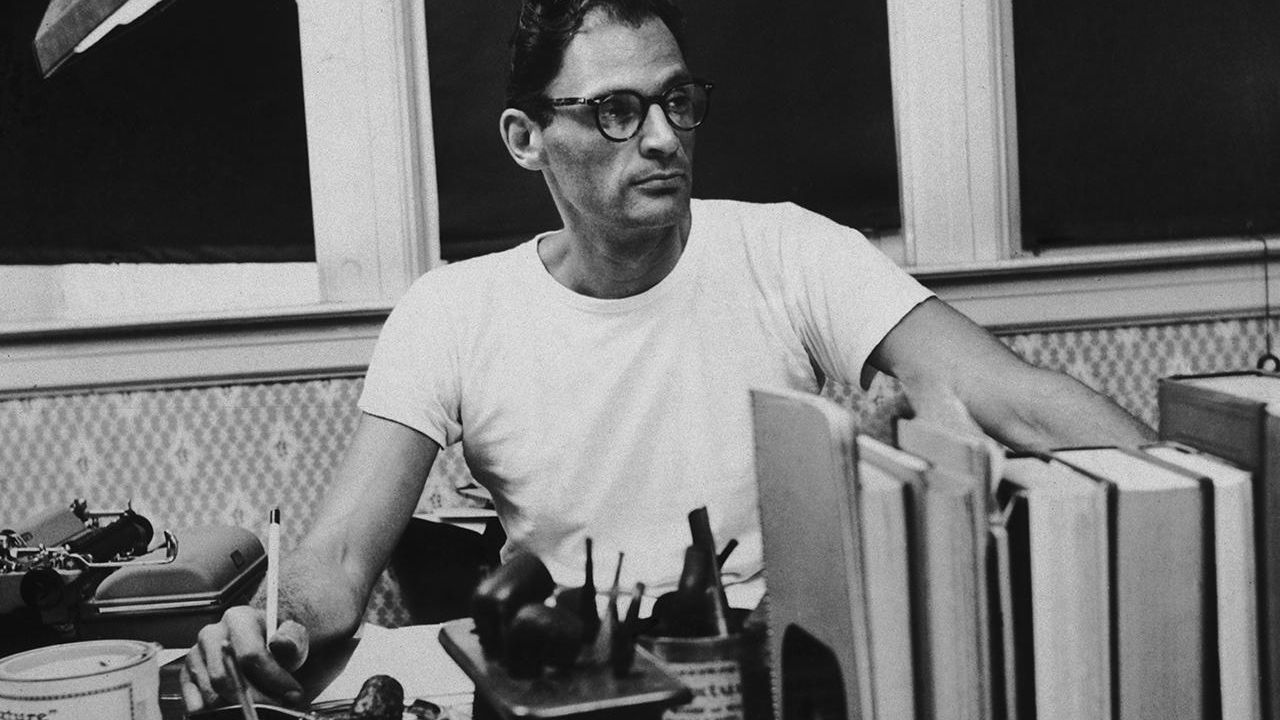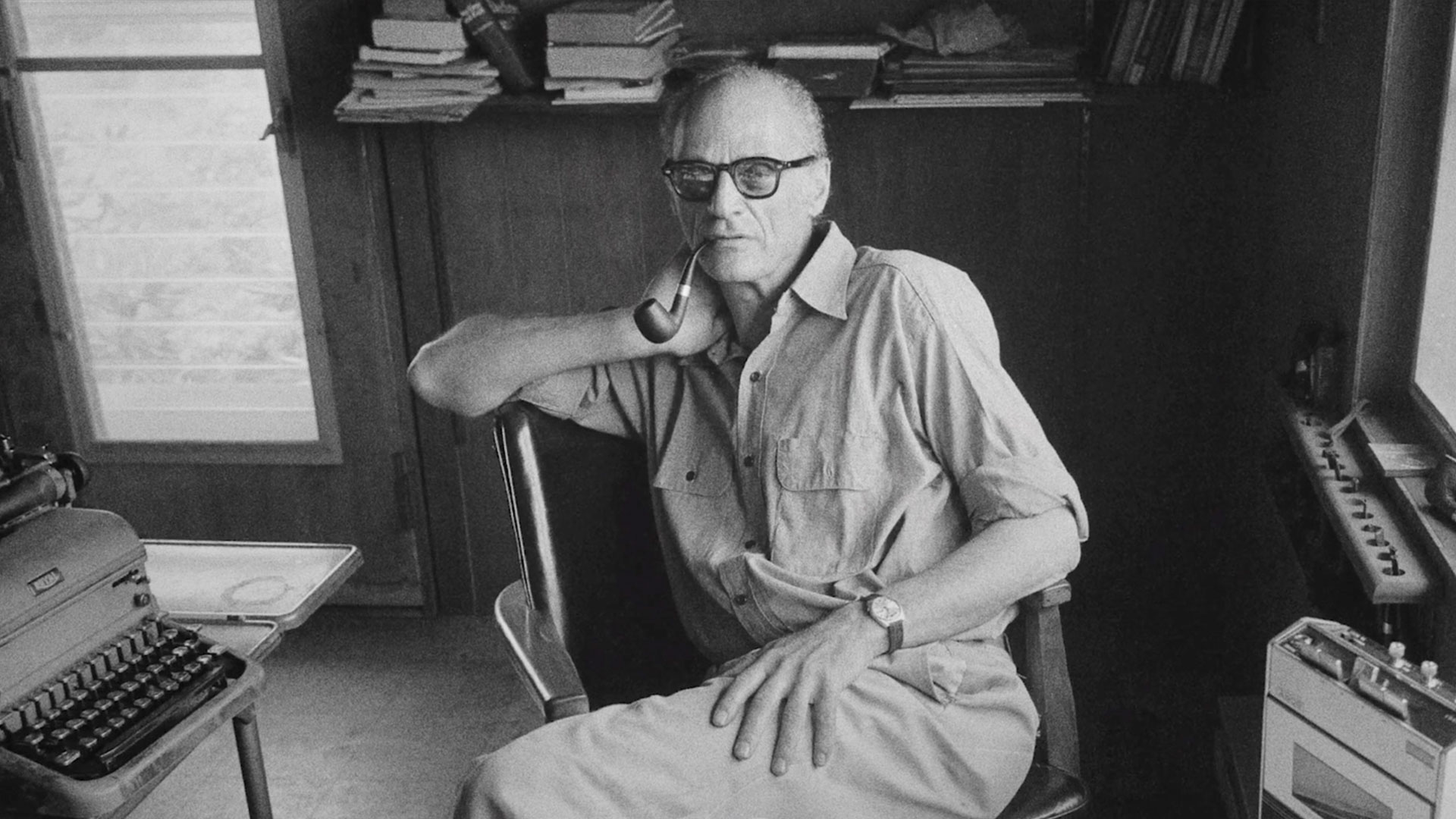
Arthur Miller is widely regarded as one of the greatest playwrights in American history. His works, characterized by their powerful social commentary and insightful character development, have left a lasting impact on the world of theater. In this article, we will explore 11 fascinating facts about Arthur Miller that shed light on his life, his works, and his enduring legacy.
Early Life and Education
Arthur Miller was born on October 17, 1915, in Manhattan, New York City. He grew up in a Jewish family of Polish immigrants. Miller’s father, Isidore, owned a successful coat-manufacturing business. Despite the family’s financial security, the Wall Street Crash of 1929 significantly affected their wealth. Miller graduated from Abraham Lincoln High School in Brooklyn and went on to study journalism at the University of Michigan.
Writing Career Beginnings
While at the University of Michigan, Miller discovered his passion for writing and theater. He wrote his first play, titled “No Villain,” which won the university’s Avery Hopwood Award. This recognition marked the beginning of Miller’s journey as a playwright. After graduating in 1938, he worked with the Federal Theater Project, a New Deal initiative, and later joined the prestigious Yale School of Drama.
Breakthrough with “All My Sons”
In 1947, Arthur Miller achieved his breakthrough success with the play “All My Sons.” Inspired by a true story of a manufacturer who sold faulty airplane parts during World War II, the play explores themes of guilt, responsibility, and the American Dream. “All My Sons” received critical acclaim and established Miller as a significant voice in American theater.
Marriage to Marilyn Monroe
One of the most intriguing aspects of Arthur Miller’s life is his marriage to the iconic actress Marilyn Monroe. They tied the knot in 1956, capturing the attention of the media and the public. Despite their celebrity status, the marriage faced challenges and ended in divorce in 1961. Miller’s play “After the Fall” is believed to have been influenced by his relationship with Monroe.
“The Crucible” and McCarthyism
Perhaps Arthur Miller’s most famous work, “The Crucible,” premiered in 1953. Set during the Salem witch trials of the late 1600s, the play serves as an allegory for the McCarthyism era in the United States. Miller used the events of the witch trials to shed light on the destructive nature of the anti-communist crusade led by Senator Joseph McCarthy.

Controversy and “A View from the Bridge”
In 1955, Miller wrote “A View from the Bridge,” a play that explores themes of obsession, masculinity, and immigration. The play received mixed reviews initially but has since become a classic in American theater. Interestingly, its original version was considered too controversial and had to be revised before it could be produced.
“The Misfits” and Collaboration with Marilyn Monroe
Arthur Miller collaborated with Marilyn Monroe on the screenplay for “The Misfits” in 1961. The film, directed by John Huston, starred Monroe alongside Clark Gable and Montgomery Clift. Although the movie received mixed reviews at the time, it has gained a cult following over the years. The Misfits” holds a special place in Miller’s body of work as it was the last completed film before Monroe’s death.
Political Activism and “The Price”
Throughout his life, Arthur Miller remained politically active and used his writing to address social issues. In 1968, he wrote “The Price,” a play that delves into themes of family dynamics and personal sacrifice. Miller’s own experiences during the Great Depression and witnessing the impact of capitalism on ordinary people influenced the play’s narrative.
Legacy and Awards
Arthur Miller’s contributions to American theater have been widely recognized and celebrated. He received numerous awards during his lifetime, including the Pulitzer Prize for Drama for both “Death of a Salesman” (1949) and “The Crucible” (1953). Miller’s plays continue to be performed worldwide and are studied in schools and universities.
Personal Tragedy and Later Works
In 2002, Miller’s son, Daniel, was diagnosed with cancer. This personal tragedy deeply affected Miller and inspired him to write his last play, “Finishing the Picture,” in 2004. The play reflects on Miller’s experience during the filming of “The Misfits” and explores the complexities of art, fame, and personal demons.

Death and Legacy
Arthur Miller passed away on February 10, 2005, at the age of 89. His death marked the end of an era in American theater. Miller’s legacy continues to influence playwrights and inspire audiences worldwide. His profound insights into human nature, social issues, and the American Dream ensure that his works remain relevant and thought-provoking to this day.
Conclusion
Arthur Miller’s life and works have left an indelible mark on the world of theater. From his breakthrough play “All My Sons” to his iconic works such as “Death of a Salesman” and “The Crucible,” Miller’s writing continues to captivate audiences and provoke thought. His ability to address social and political issues with honesty and depth ensures that his plays remain relevant and impactful. Arthur Miller’s legacy as a master playwright and his contributions to American theater will continue to inspire generations to come.
Frequently Asked Questions (FAQs)
What are some of Arthur Miller’s most famous plays?
Arthur Miller’s most famous plays include “Death of a Salesman,” “The Crucible,” “All My Sons,” and “A View from the Bridge.
Did Arthur Miller win any awards for his plays?
Yes, Arthur Miller received several prestigious awards for his plays. He won the Pulitzer Prize for Drama for both “Death of a Salesman” and “The Crucible.
Was Arthur Miller married to Marilyn Monroe?
Yes, Arthur Miller was married to Marilyn Monroe from 1956 to 1961.
How did Arthur Miller address political and social issues through his plays?
Arthur Miller used his plays to address political and social issues by incorporating allegorical elements and exploring themes such as the American Dream, McCarthyism, family dynamics, and personal sacrifice.
What is Arthur Miller’s lasting legacy in American theater?
Arthur Miller’s lasting legacy in American theater lies in his ability to create deeply resonant plays that explore the human condition, tackle important social issues, and provide profound insights into the complexities of the American Dream.
Was this page helpful?
Our commitment to delivering trustworthy and engaging content is at the heart of what we do. Each fact on our site is contributed by real users like you, bringing a wealth of diverse insights and information. To ensure the highest standards of accuracy and reliability, our dedicated editors meticulously review each submission. This process guarantees that the facts we share are not only fascinating but also credible. Trust in our commitment to quality and authenticity as you explore and learn with us.


